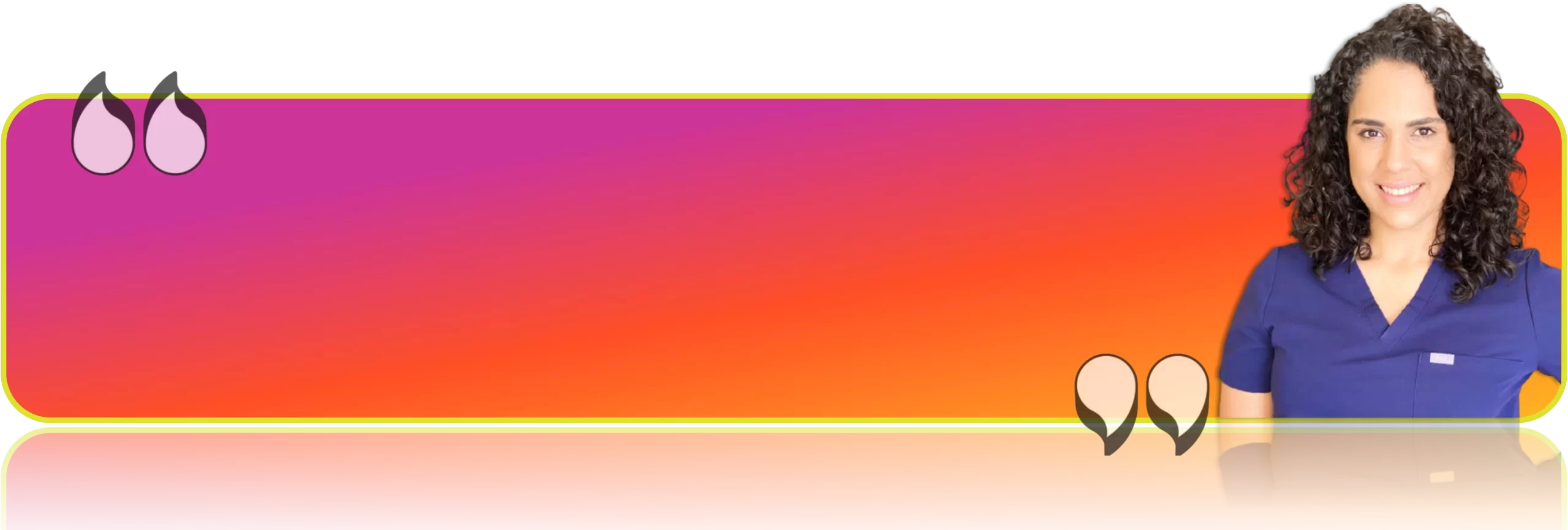Forgot the pill again? Drowning in a sea of birth control options? You’re not alone; many women have these same questions. We’re here to share how a birth control ring can simplify your life. Let’s discuss how it works, its benefits, and usage tips that promise a smoother routine, all while enhancing your control over reproductive health. Plus, be sure to check out the questions readers like yourself submitted below in our People Also Asked section for even more insights. Let’s get started!
Key Takeaways
- A birth control ring is a flexible device that releases hormones to prevent pregnancy.
- It works by stopping ovulation and thickening cervical mucus.
- The ring mimics the natural menstrual cycle, offering period regulation.
- The NuvaRing offers immediate pregnancy protection if inserted in the first five days of the period.
- Birth control rings can have additional health benefits, like reduced period pain.
What is a Birth Control Ring?
A birth control ring is a small, flexible device made of soft plastic that you insert into your vagina. It gradually releases hormones to prevent pregnancy. Known options include NuvaRing, Annovera, and the FDA-approved generic, EluRyng.
How Does a Birth Control Ring Work?
Hormones Released
The ring releases a continuous low dose of estrogen and progestin, a synthetic form of progesterone. These hormones pass through your vaginal wall into your bloodstream.
How It Prevents Pregnancy
The estrogen works to prevent ovulation, which means it stops your ovaries from releasing an egg. Progestin thickens the cervical mucus, blocking sperm from entering the uterus. It also thins the uterine lining, discouraging egg implantation.
Impact on Your Menstrual Cycle
The ring’s hormones mimic your body’s natural cycle, giving stability to your uterine lining. When you remove the ring, you typically get a predictable bleeding pattern similar to your period.
How to Use NuvaRing for the First Time
Steps for Insertion
Inserting the NuvaRing for the first time? Follow these simple steps:
- Start by washing your hands well with soap and water.
- Find a comfortable position, like lying down, squatting, or standing with one foot elevated.
- Take the ring out of its package, pinch it, and insert it as far as it comfortably goes. There’s no exact spot needed—as long as it feels comfortable, it’s good.
- If inserting is tricky, use a tampon-like applicator for help.
Timing of Insertion
For first-time users, inserting the ring on the first day of your period or within the first five days ensures immediate protection. Starting at another time in your cycle? Use extra protection for the first seven days.
When Does NuvaRing Start to Work?
Instant Coverage
If you put the ring in during the first five days of menstruation, you’re protected right away.
Delayed Coverage
Inserting it at another time? Seven days are needed for it to prevent pregnancy reliably. During these days, consider using additional birth control methods.
How Long After Inserting NuvaRing Will My Period Stop?
Standard Usage
Usually, you wear the ring for three weeks, then remove it for one, allowing a bleeding period. Opt for continuous usage to skip periods, though occasional spotting might occur.
Regulating Your Cycle
The birth control ring can regulate your menstrual cycle, offering different schedules depending on continuous or cyclic use.
What Happens If the NuvaRing Isn’t Inserted Correctly?
Proper Placement
Comfort is key; if the ring feels right, it’s probably correctly placed. If not, push it deeper with a clean finger or adjust for comfort.

Potential Mistakes
Improper placement won’t typically cause loss, but it might be uncomfortable. Correctly adjusting it ensures comfort without losing its effectiveness.
What is the Failure Rate of the NuvaRing?
Ideal Use
NuvaRing boasts a less than 1% failure rate, meaning fewer than one out of 100 could experience unplanned pregnancy.
Common Use
The wider statistics point to around a 9% failure rate, where up to nine out of 100 might conceive due to misuse or missed schedules.
How Effective is NuvaRing Without Using Pull-Out Method?
Continuous Use and Effectiveness
NuvaRing holds efficacy with continuous use. While brief spotting may arise, its contraceptive power remains firm without requiring additional withdrawal methods.
What are the Chances of Getting Pregnant While on the NuvaRing?
General Pregnancy Risk
The risk remains extremely low with proper NuvaRing use. Incorrect insertion, late replacement, or conflicting medications may slightly elevate risks.
Additional Protection
If the ring is out for more than three hours extra contraception provides added security.
Additional Considerations with Birth Control Rings
Health Implications
Consult your healthcare provider about any health conditions or medications potentially affecting ring effectiveness. This ensures personalized care and optimal use.
Continuous Care
Regular check-ins with your healthcare provider are valuable for addressing concerns and monitoring health metrics like blood pressure.
Discontinuing Use
If you’re planning pregnancy, simply don’t replace the ring after your no-ring week. This facilitates a return to your natural cycle and opens up conception possibilities.
Beyond Contraception: Other Benefits of the Birth Control Ring
Added Health Benefits
These rings offer more than just contraception. They can reduce period pain, lessen menstrual flow, and even improve acne.
Lifestyle Convenience
Enjoy the ease of a monthly routine with the bonus of potentially skipping periods, all with the guidance of your trusted healthcare provider.
People Also Asked...
Still have questions?
Don't worry, you are not alone. Remember that we are here to help and support you. Your well-being is important to us, and we're committed to assisting you through any challenges you may be facing. Besides, having questions is a good and healthy thing! Check out our additional resources below:
- Prefer reading? Here's an article from ACOG (American College of Obstetricians and Gynecologists) on the matter.
- Rather watch or listen? Here's a video of Nelly, one of our esteemed providers, discussing the topic.
- For general questions? Reach us via any contact methods listed at the bottom of this page (live chat, email, text messages, or call).
- For specific medical questions or advice, it's always best to schedule an appointment.
 TLC’s Video Library
TLC’s Video Library Enjoy countless hours of expert insights, wellness tips, with a dose of inspiration and humor. Your path to a healthier, happier you starts now!

